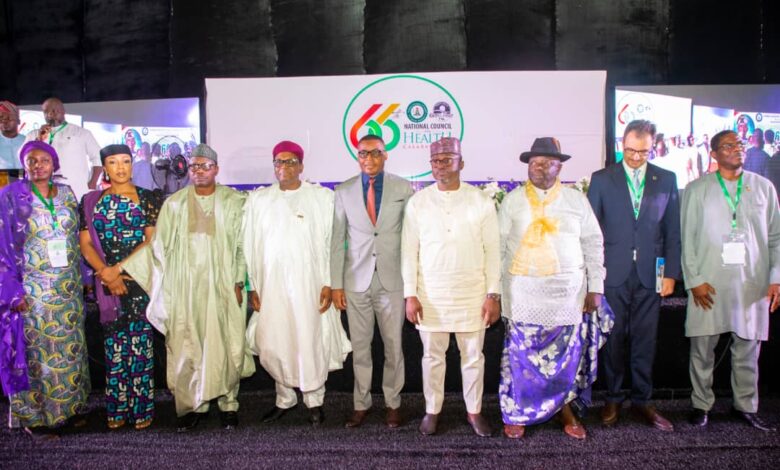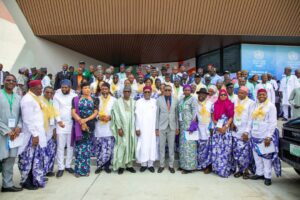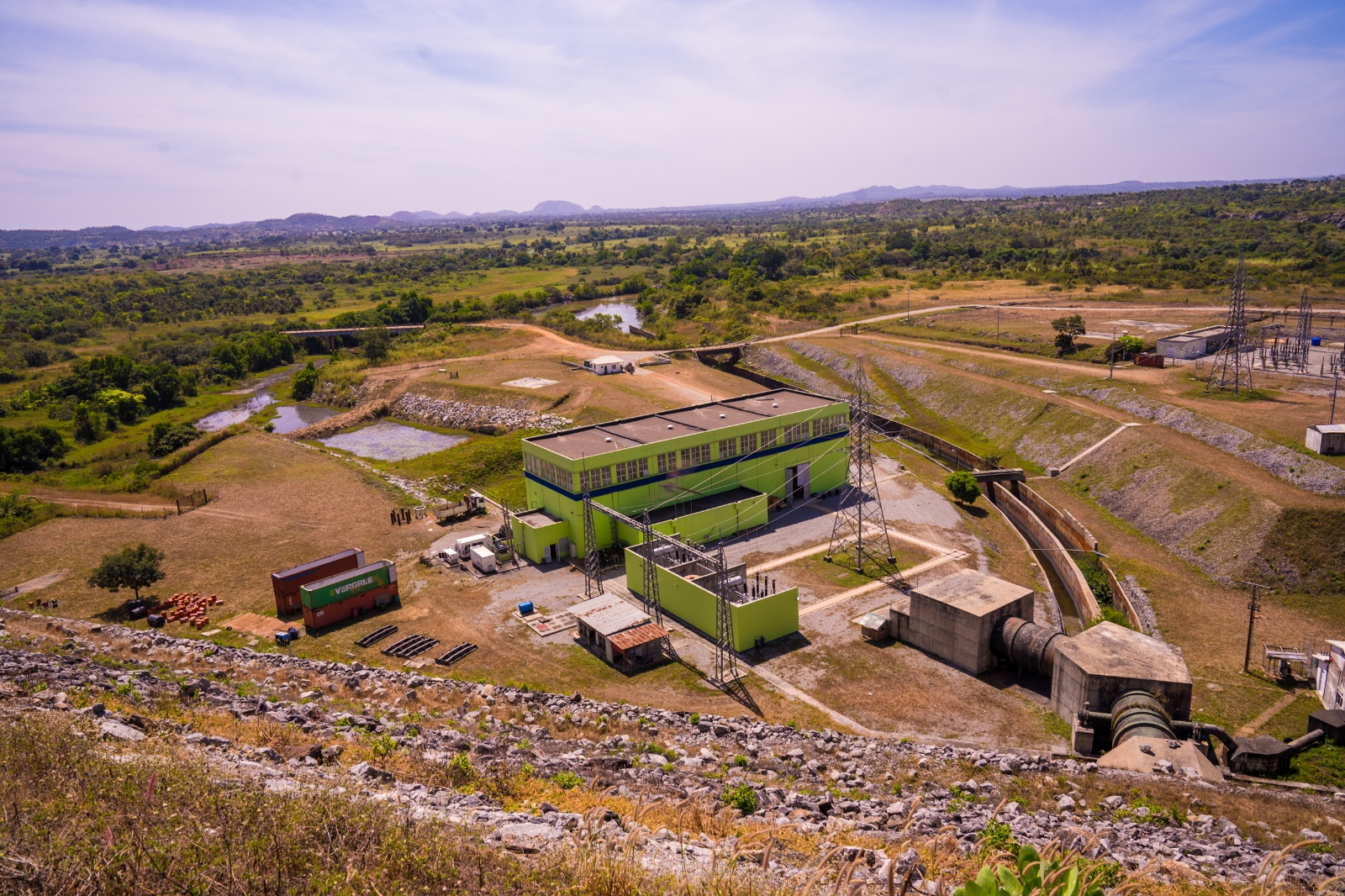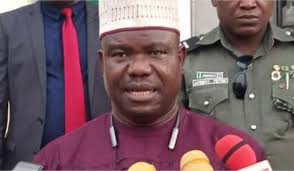
By Fatima Saka
The Federal Government and the Cross River State Government on Thursday reaffirmed a joint commitment to accelerating Nigeria’s progress toward Universal Health Coverage (UHC) as the Council meetings of the 66th National Council on Health (NCH) opened in Calabar.

Declaring the meeting open, the Governor of Cross River State, Senator Bassey Edet Otu, represented by his Deputy, Rt. Hon. Peter Odey—said the gathering underscored the shared responsibility of federal and state authorities to strengthen primary healthcare, expand financial protection, and ensure equitable access for all Nigerians.
He highlighted major reforms undertaken by the state, including the adoption of six months’ maternity leave, rural-focused palliative measures, strengthened health insurance coverage, and the renovation of more than 100 primary healthcare centres. These improvements were supported through the World Bank IMPACT project, the Basic Health Care Provision Fund, and state funding.
In his keynote address, the Coordinating Minister of Health and Social Welfare, Professor Muhammad Ali Pate, CON, praised Cross River’s efforts and noted that Nigeria is seeing measurable gains in maternal health outcomes, increased public trust in PHCs, and stronger coordination across the sector.
According to a statement signed by Alaba Balogun, Deputy Director/Head of Information and Public Relations, the Minister disclosed that the Federal Government has secured ₦68 billion to support vaccine financing and has released ₦50 billion to settle outstanding arrears owed to health workers.
He urged states to raise their 2026 health budgets by at least one percent to consolidate ongoing improvements.
“These funds are not to be frittered away. They are ring-fenced to expand primary healthcare, equip frontline workers, and ensure availability of commodities, whether HIV, TB, malaria test kits or bed nets,” he said.
Pate stressed that achieving UHC requires political will, unity of purpose, and collective responsibility across all levels of government.
Earlier, the Minister of State for Health and Social Welfare, Dr. Iziaq Adekunle Salako, noted that while health insurance coverage has risen from 3 percent in 2019 to 17 percent today, representing about 37.4 million Nigerians, the growth remains too slow to meet national targets. He commended states like Lagos, Kaduna, Enugu, and Cross River, the latter of which has achieved 28 percent coverage through its UHC Coordination Centre.
He further highlighted national PHC revitalisation efforts, with over 10,800 facilities upgraded and the PHC quality score rising from 42 percent to nearly 70 percent.
Salako also underscored the critical role of development partners—including the World Bank’s IMPACT and HOPE projects, the U.S. Department of State’s integrated HIV/TB programmes, Global Fund support to HIV, TB and malaria interventions, and contributions from WHO, UNICEF and GAVI—whose investments are increasingly aligned with Nigeria’s health priorities.
Permanent Secretary of the Federal Ministry of Health and Social Welfare, Daju Kachollom, mni, commended the Cross River State Government for its hospitality and praised the commitment demonstrated during two days of technical sessions.
She applauded states that excelled in implementing the previous year’s NCH resolutions—Sokoto, Jigawa, Zamfara, Taraba, Delta, FCT, Plateau and Ekiti, adding that their performance reflects what is achievable with strong political will and administrative efficiency.
Kachollom also expressed gratitude to the NCH Secretariat, the Local Organising Committee led by Cross River Health Commissioner Dr. Henry Egbe Ayuk, and all technical contributors for ensuring a successful meeting.
A highlight of the opening ceremony was the presentation of vehicles and medical equipment to the Cross River State Government by the World Health Organizations.




